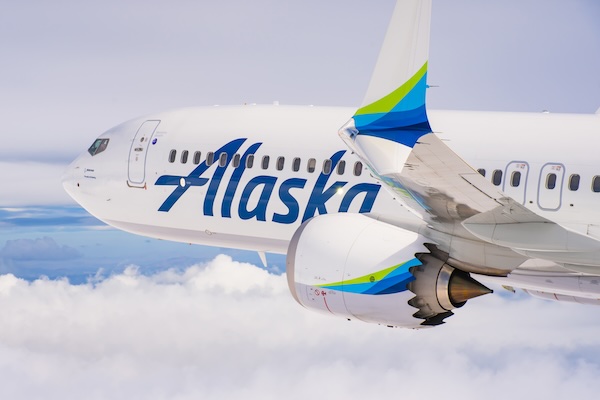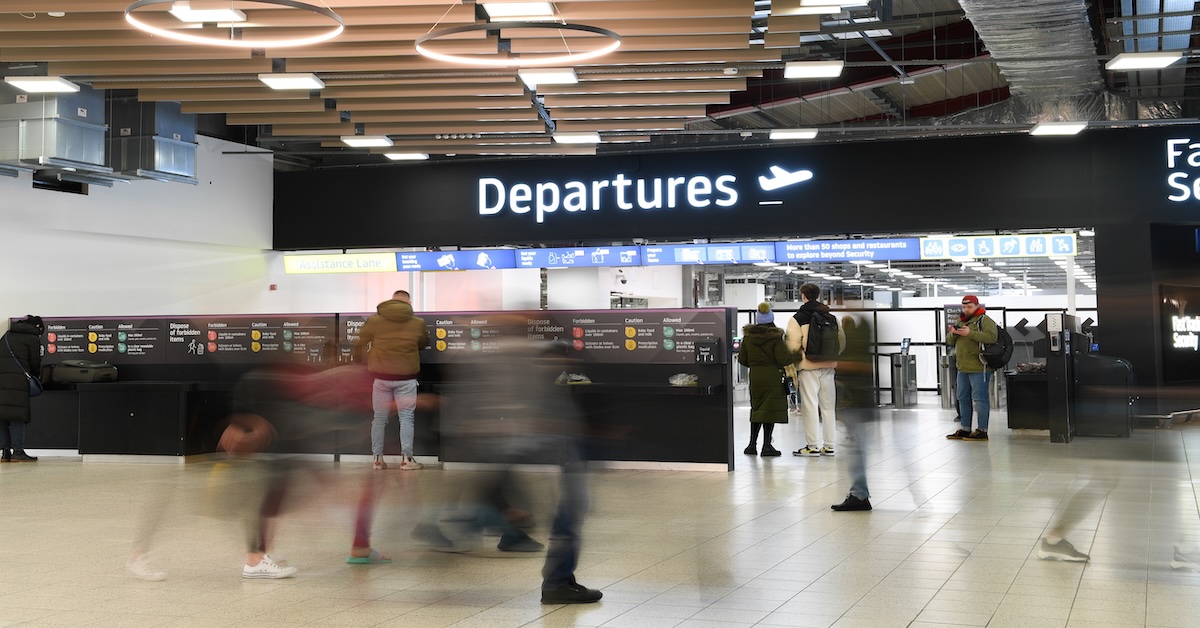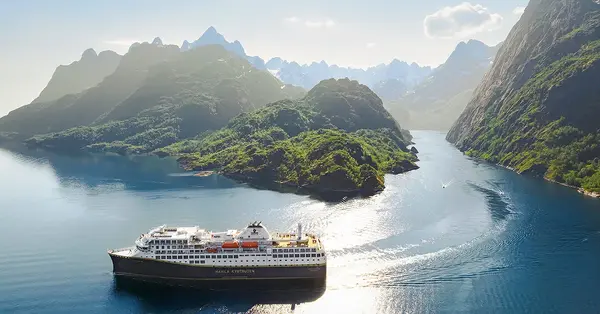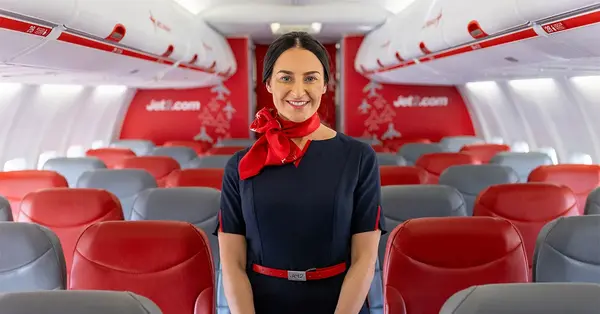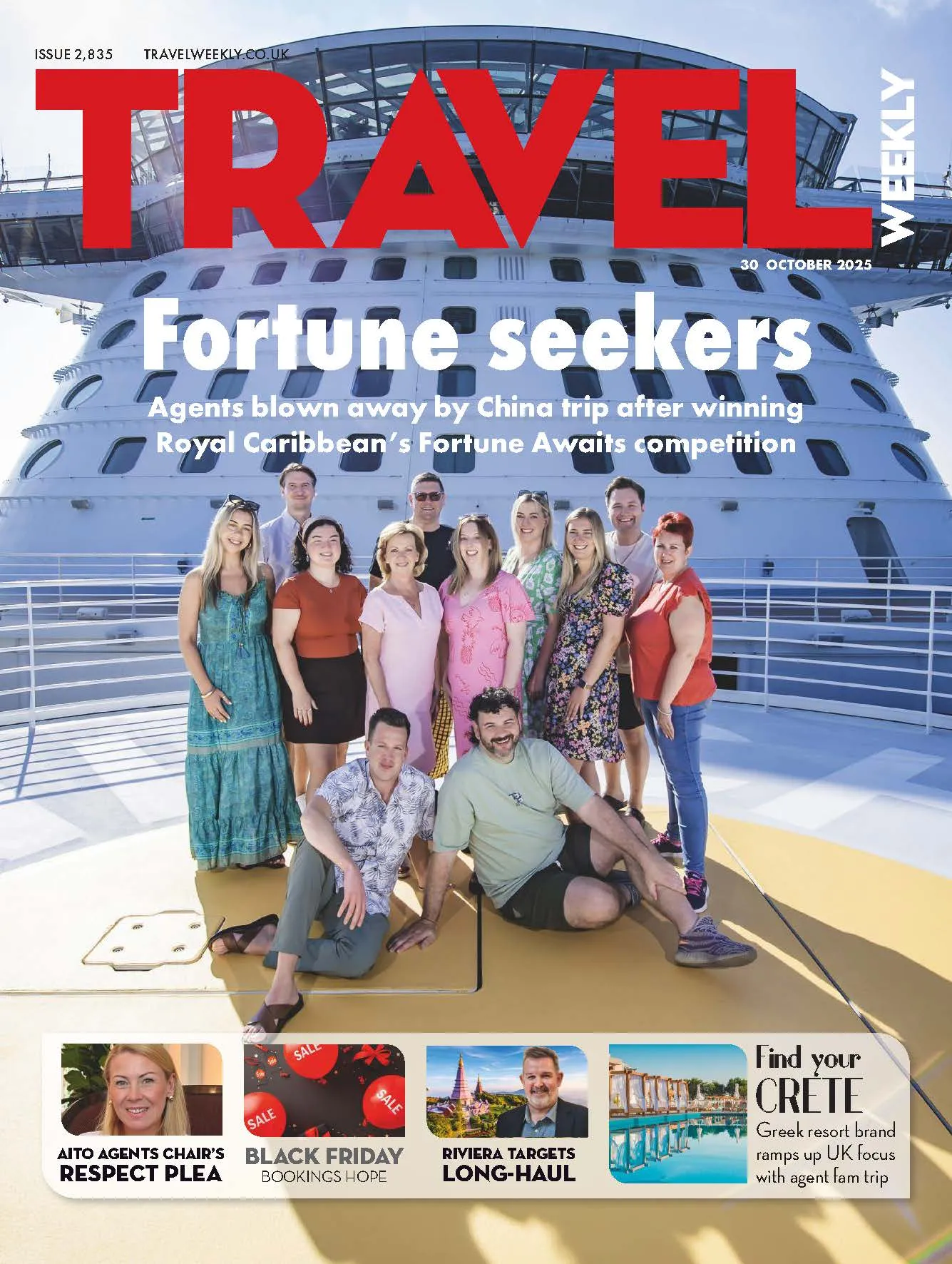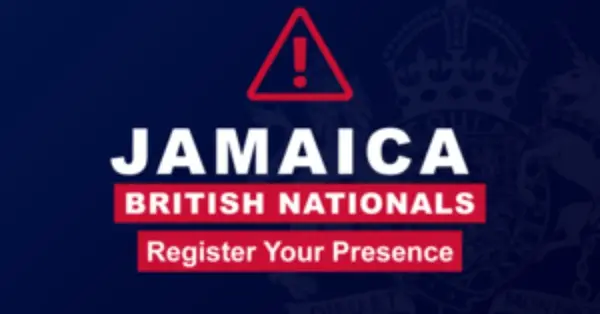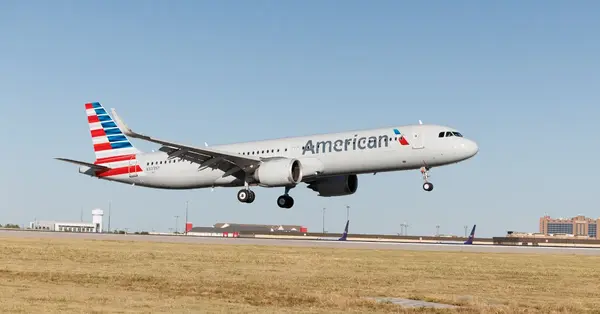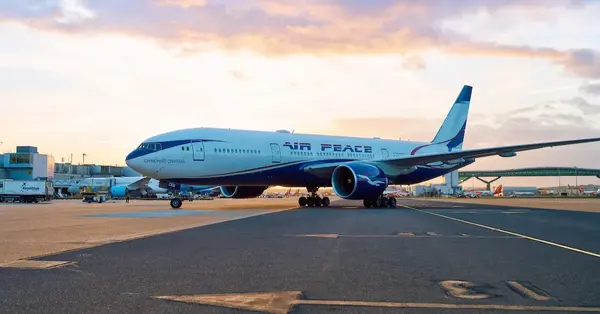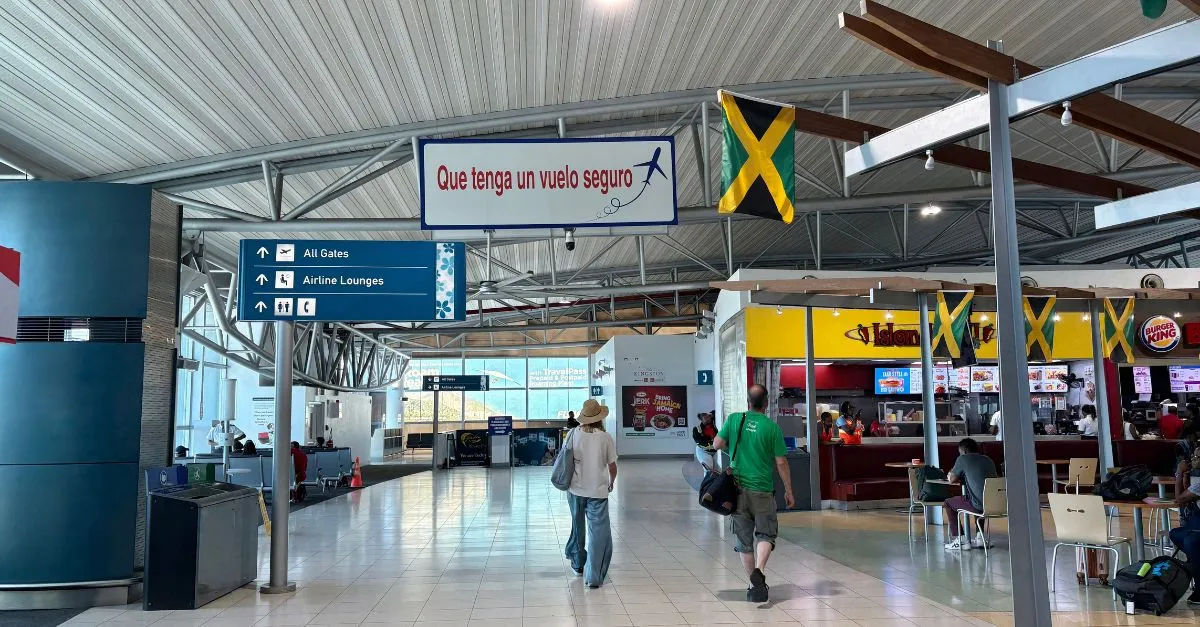Analysis: Two flight incidents raise airline safety concerns
Two major aviation disasters were only narrowly avoided in the past week, with a fatal runway collision at Tokyo Haneda airport and the loss of a section of fuselage from an aircraft in flight over the US.
All 171 passengers and six crew aboard an Alaska Airlines flight from Portland to California escaped unharmed when part of the fuselage on a Boeing 737 Max 9 aircraft blew out at 16,000 feet. The aircraft landed safely, but the incident would have been more serious had the aircraft reached its cruising altitude, passengers unfastened their seatbelts and two seats next to the lost fuselage not been empty.
Jennifer Homendy, head of the US National Transportation Safety Board, noted: "We're very fortunate this didn't end in something more tragic.”
More: Aircraft backlog ‘to hit Ryanair fares and profits', O'Leary warns
‘Loose parts' found on grounded Boeing 737 Max 9s
‘No airlines in EU affected' by Boeing 737 Max 9 grounding
The aircraft was new, having entered service in November, and the lost fuselage was a ‘plug' fitted across the space for a door.
All similar aircraft were grounded on Saturday and United Airlines subsequently reported finding "installation issues in the door plug” including "bolts that needed additional tightening” on up to 10 of its grounded aircraft.
It also emerged that Alaska Airlines pilots had reported pressurisation warnings on three of the aircraft's previous flights, and that the FAA notified airlines to inspect the rudder control systems on 737 Max aircraft on December 28 after discovery of a loose bolt.
The Max is the fourth generation of Boeing 737 – a workhorse of airline fleets – introduced in 2017 but grounded from March 2019 to November 2020 after two fatal crashes in less than six months killed 346 people.
Subsequent investigations highlighted a faulty flight control system and exposed both a poor safety culture at Boeing and inadequate oversight by the FAA which allowed Boeing to complete its own safety checks.
Since returning to the air, the Max has been dogged by production delays. In September, Ryanair – which operates a wholly Boeing fleet and regularly describes its 100 737 Max 8s as "gamechanger” aircraft – cut its winter schedule with boss Michael O'Leary complaining Boeing "have yet again delayed deliveries”.
The accident in Tokyo, when a Japan Airlines Airbus A350 hit a small turboprop aircraft on the runway as it landed, saw almost 400 passengers and crew evacuate safely despite the aircraft being consumed by flames, although five passengers aboard the turboprop died.
A worse disaster was avoided principally for two reasons. The aircraft was landing rather than taking off, so not heavily laden with fuel, and the passengers responded impeccably to the crew's instructions.
A senior aviation source described the evacuation as "remarkable”, saying: "There is a widespread view in the industry that the Japanese passengers did what was asked of them, that the way the passengers reacted was such a cultural thing. We've all seen footage of passengers here evacuating planes carrying bags and rucksacks.”

